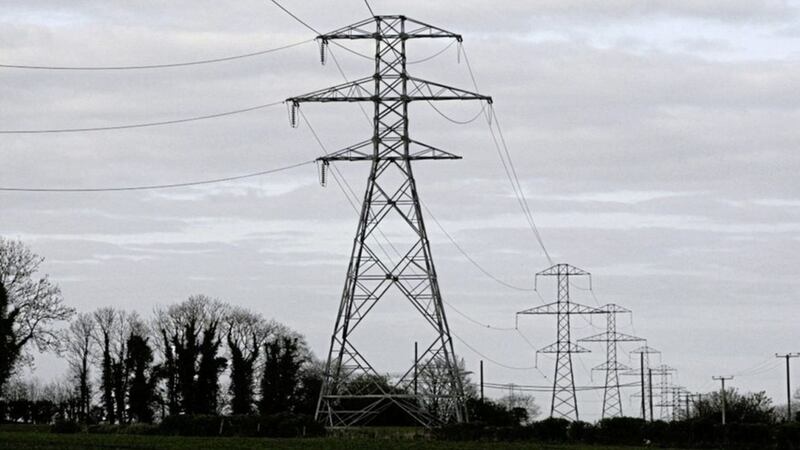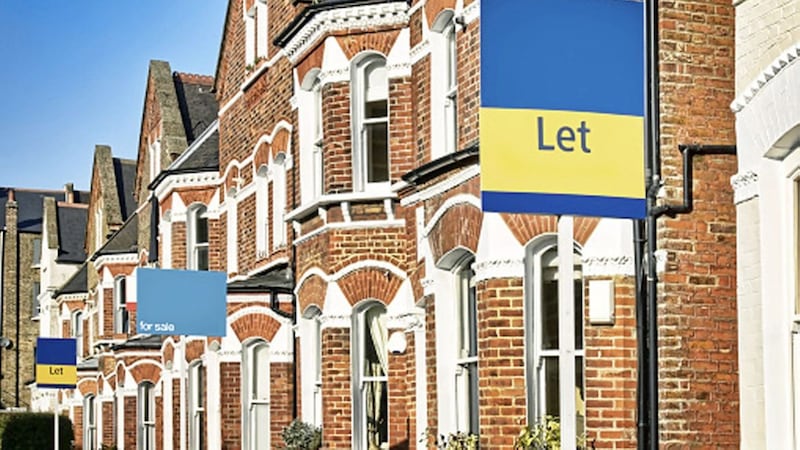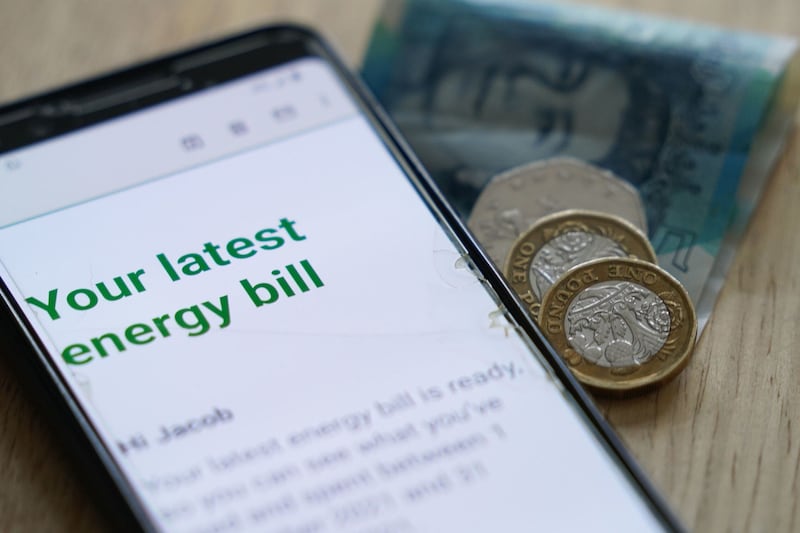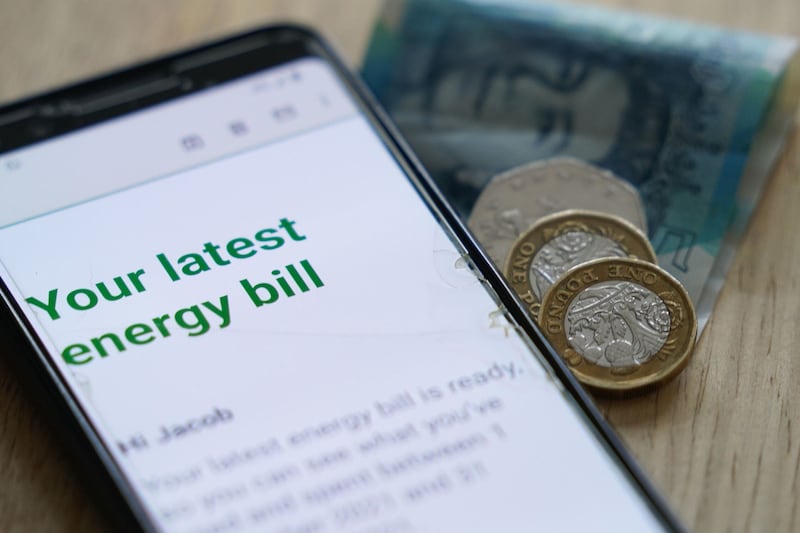THE north's largest electricity retailer has announced a significant 13.8 per cent tariff increase affecting thousands of local customers.
Power NI will implement the price hike from October 1, with the average household bill set to increase by almost £70 annually as a result (£1.33 per week). The price surge comes after Power NI, who supply over 58 per cent of local homes in the north, introduced its first increase in four years in 2017 - a jump of 5.6 per cent.
The company has blamed the increase in tariff, agreed with the Utility Regulator, on rising fuel costs used in electricity generation such as gas, which has soared by 30 per cent in the last year.
Managing director of Power NI, Stephen McCully said the decision to put up prices was not taken lightly.
“Putting our prices up is the last thing we want to do, but unfortunately we are at the mercy of fluctuating world fuel prices," he said
“We’ve worked through a rigorous process with the Utility Regulator and our customers can be sure that although unwelcome, this increase is as low as possible and our prices are still cheaper than they were five years ago.”
Utility Regulator chief executive, Jenny Pyper highlighted that Northern Ireland customers will stay pay less than those in the Republic and Britain.
"Looking back at the last five years there have been two Power NI tariff increases, two decreases and one year where prices were frozen. Whilst the Utility Regulator can provide relative stability in terms of the other regulated costs that make up a customer’s bill, fluctuations in wholesale energy costs are simply outside of our control," she said.
“Following this increase, a typical Power NI domestic credit tariff will continue to be around 15 per cent lower than the Great Britain average and around 29 per cent cheaper than the Republic of Ireland average standard tariff. It will also see prices back to slightly lower than where they were in 2013."
“ This tariff has been set for a two year period, with the aim of providing some price stability, however, as is our usual practice, we will keep this under review. Should wholesale energy or other costs decrease, our system of regulation in Northern Ireland allows us to act as soon as possible to ensure that this reduction is reflected in consumer bills," Ms Pyper added.







